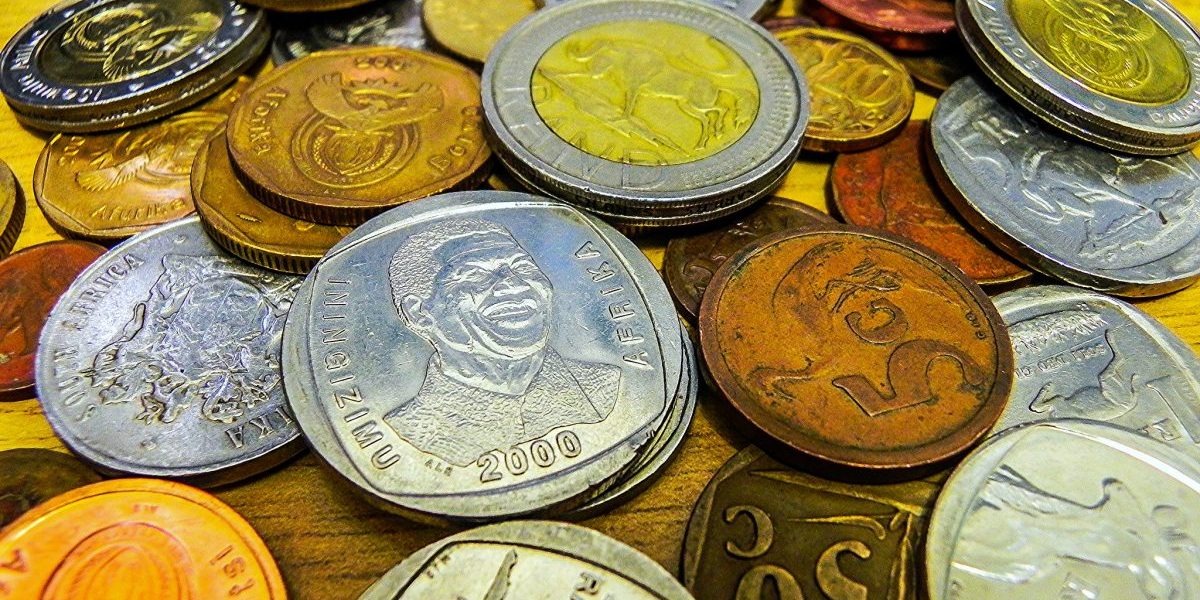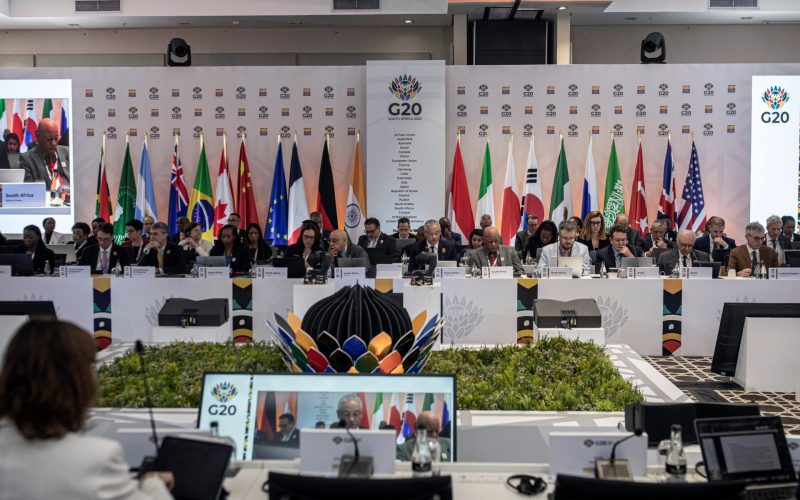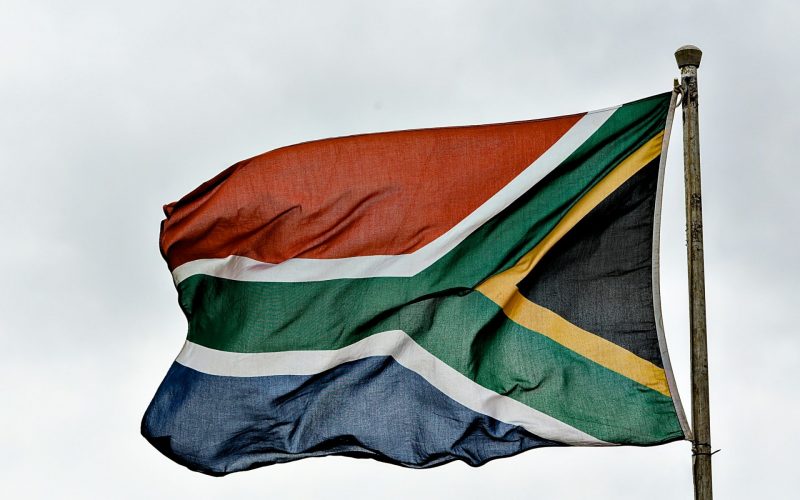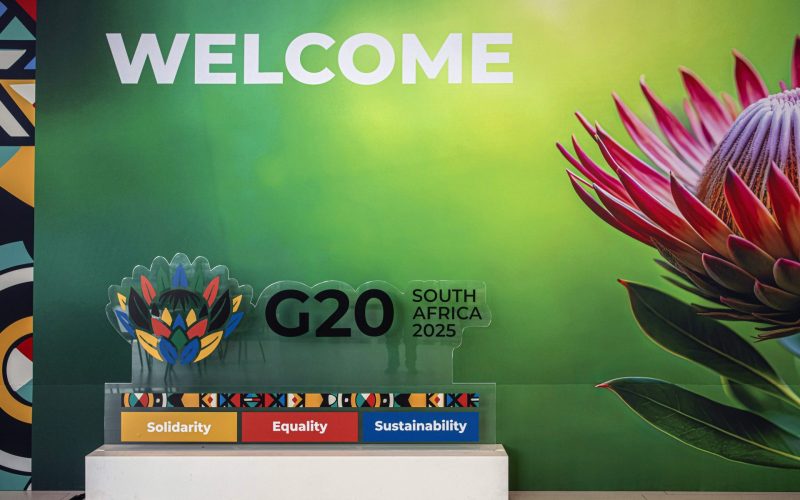It also shows how they link to IFFs. It estimates the extent of trade mispricing by enhancing the model currently used by Global Financial Integrity, and by developing a TBML model as a means of quantifying IFFs between two developing countries. There are data challenges with this methodology, as it is an estimation of illegal or hidden activities, using the International Monetary Fund’s Direction of Trade methodology. The research points to declining trade mispricing in South Africa and Zambia for the period 2013 to 2015, and Nigeria for the period 2013 to 2014. Morocco and Egypt exhibit increasing trade mispricing from 2013 to 2014. The TBML model, which addresses the criticism regarding flows between two developing countries, points to increasing financial outflows for all five countries. These flows mean less revenue is available to the fiscus to invest in socio-economic infrastructure and pro-poor growth strategies, which would benefit women and the poor. Policy recommendations address commercial tax evasion as well as proposals to remedy the data anomalies.








